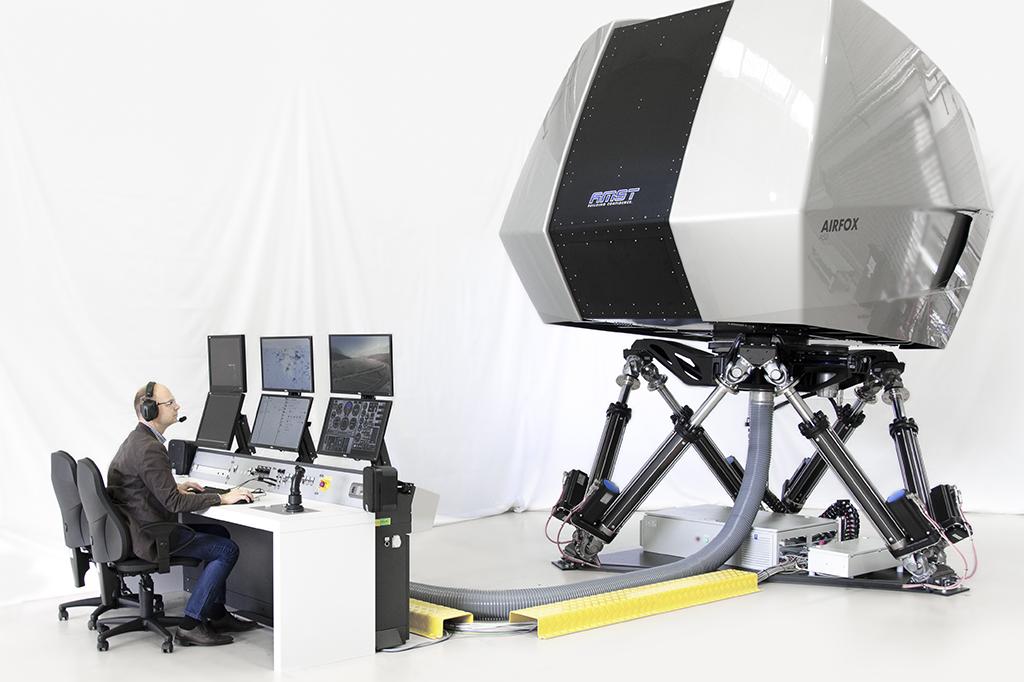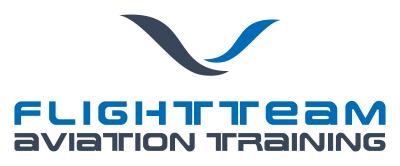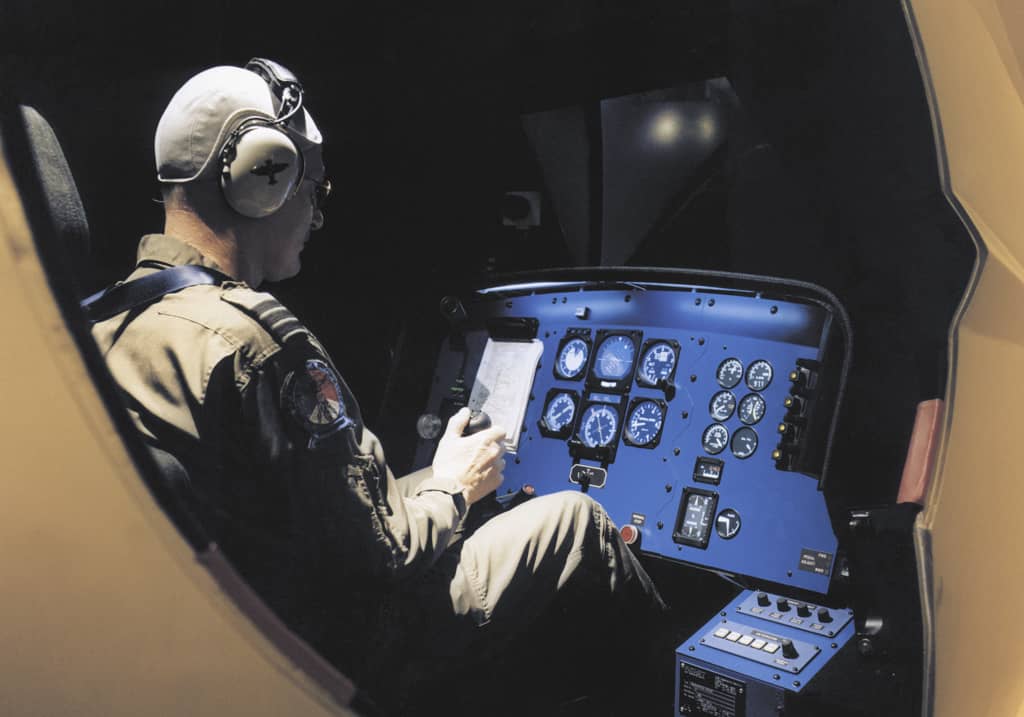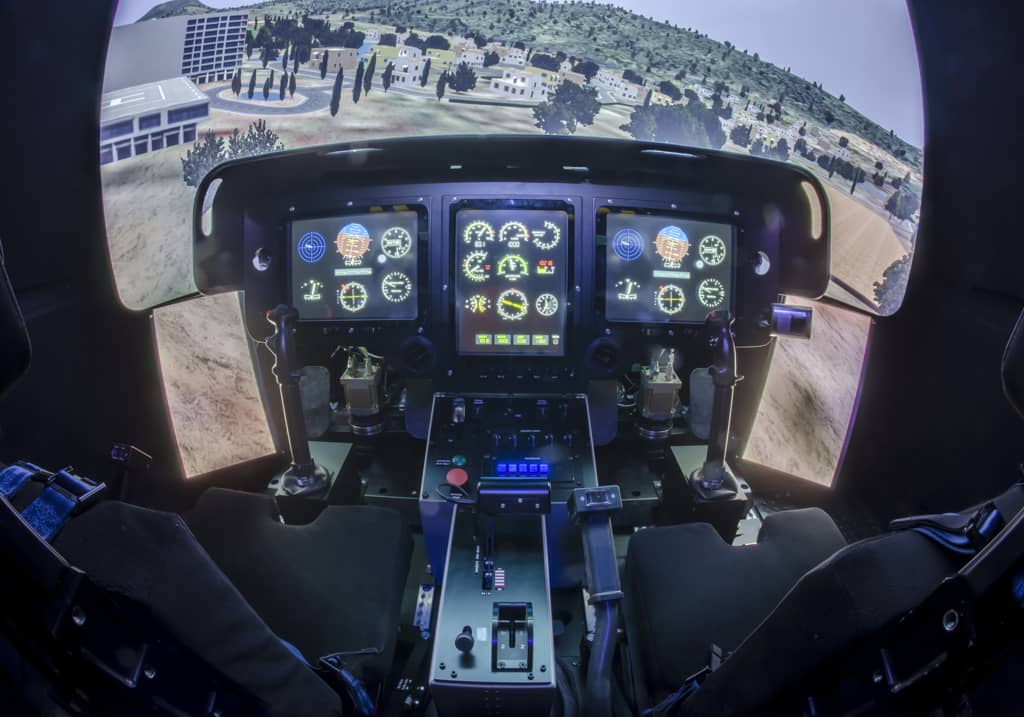Spatial Disorientation (SD) is a persistent threat, which causes avoidable fixed-wing and rotary-wing flying accidents.
Introduction to Spatial Disorientation
‘To err is human’
What is Spatial Disorientation?
Spatial disorientation (SD) is the inability to correctly interpret aircraft attitude, altitude, or airspeed in relation to the earth or other points of reference. It is Human Factors issue and related to the difficulty to detect it and to ignore false perceptions. During flight, it is very important to maintain good situational awareness and properly match perception with reality. Loss of situational awareness can lead to spatial disorientation.
Risks of Spatial Disorientation
Human error is the most common cause for aircraft accidents. Statistics show that many of these accidents were caused by spatial disorientation. In most cases, the pilot was not even aware that they were disorientated.
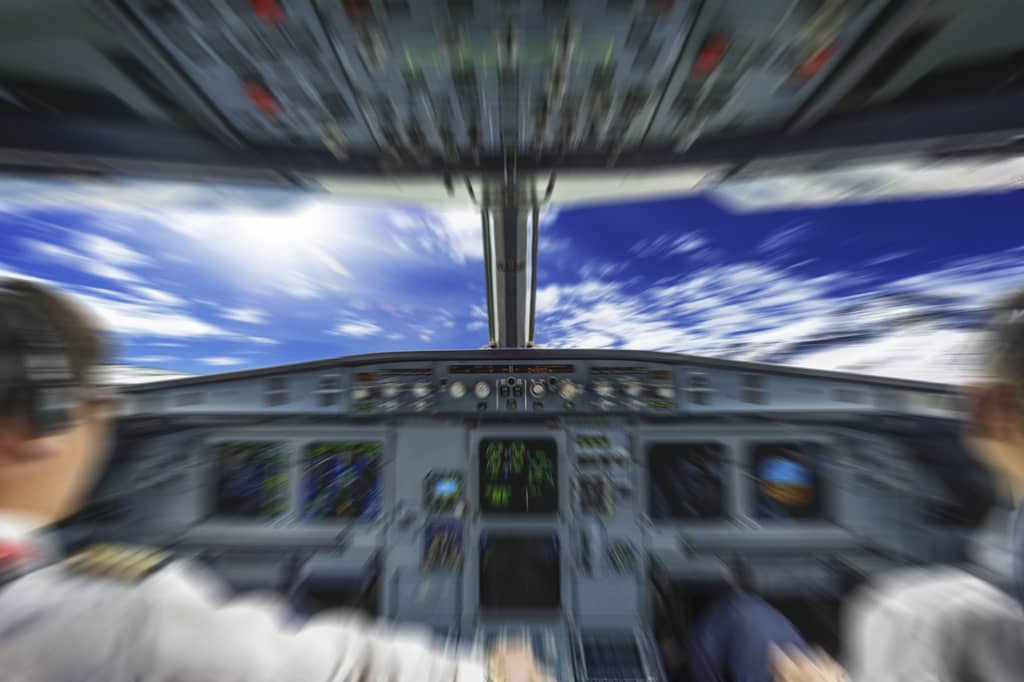
Goal of the Spatial Disorientation Training
Improves flight safety significantly
In the cockpit there is sophisticated visualisation that supports situational awareness. Automation like autopilot and navigation equipment assist the pilot. Still, there are situations where pilots tend to ignore the instruments or are distracted and therefore fly based on their perception. Goal of the Spatial Disorientation Training is to learn that pilots must always trust their instruments.
With immersive training, pilots and aircrews can experience visual/vestibular disturbance in a safe environment. Recognition is the best form of defence as unrecognised events are most probably fatal. The transition to a safe flight regime when the SD event is recognised is the best form of protection.
Reading about a Coriolis illusion and experiencing it is a huge difference. After the demonstrations, the pilot knows how easy it is to have a false perception. The pilot can train to fly based on the instruments ignoring his perception (seat of the pants). SD becomes less overwhelming after having experienced it in a training.
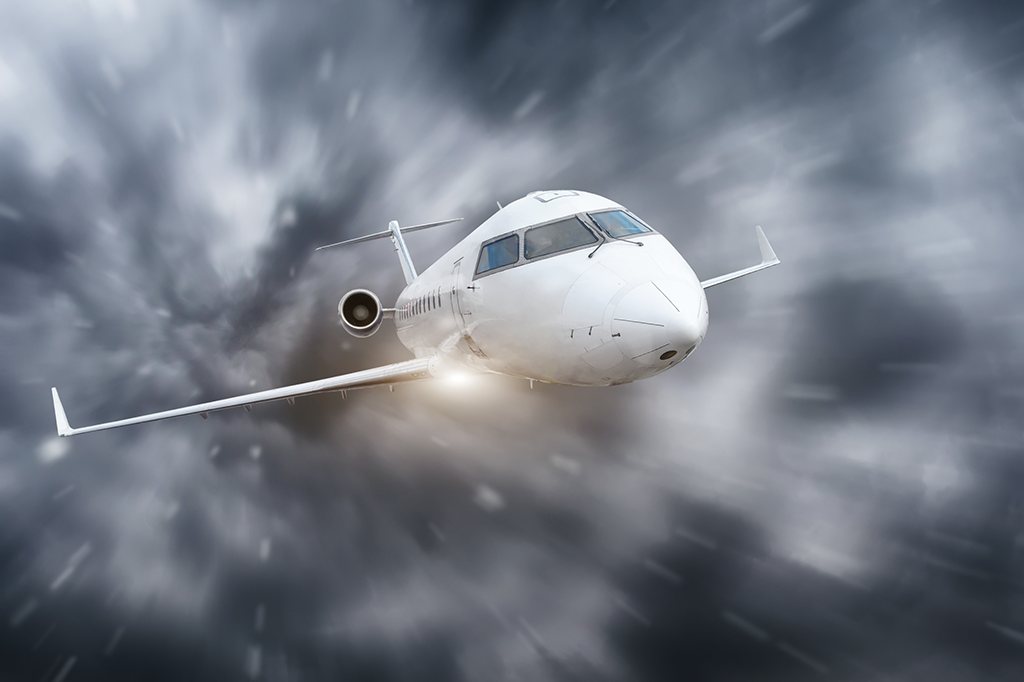
Video
Captain Joe explains Spatial Disorientation and shows AMST’s Training Capabilities

By loading the video, you agree to YouTube's privacy policy.
Learn more
Interested in Booking an SD Training?
How to book Your Training Spot
Our partner Flightteam Aviation Training provides Spatial Disorientation training for commercial or general aviation pilots. In close cooperation with AMST, Flightteam Aviation Training developed a syllabus which includes theoretical and practical training. For the practical training you will use the AIRFOX ASD simulator at AMST headquarters in Ranshofen, Austria. Flightteam Aviation Training is located at Eggenfelden airport (EDME) in Germany, close to AMST headquarters. To book your training spot, send an e-mail to disorientation@flightteam.de.
AIRFOX ASD
A Unique Simulator for Practical SD Training
The practical part of the Spatial Disorientation Training is done with the AIRFOX Advanced Spatial Disorientation Trainer. The AIRFOX ASD combines a traditional hexapod with a turntable and special SD motion models. The transition from “normal” flight to SD can be achieved while the pilot is unaware of the change. Combining this with the visual system for the visual illusions allows for demonstrating and training the full spectrum of SD illusions.
